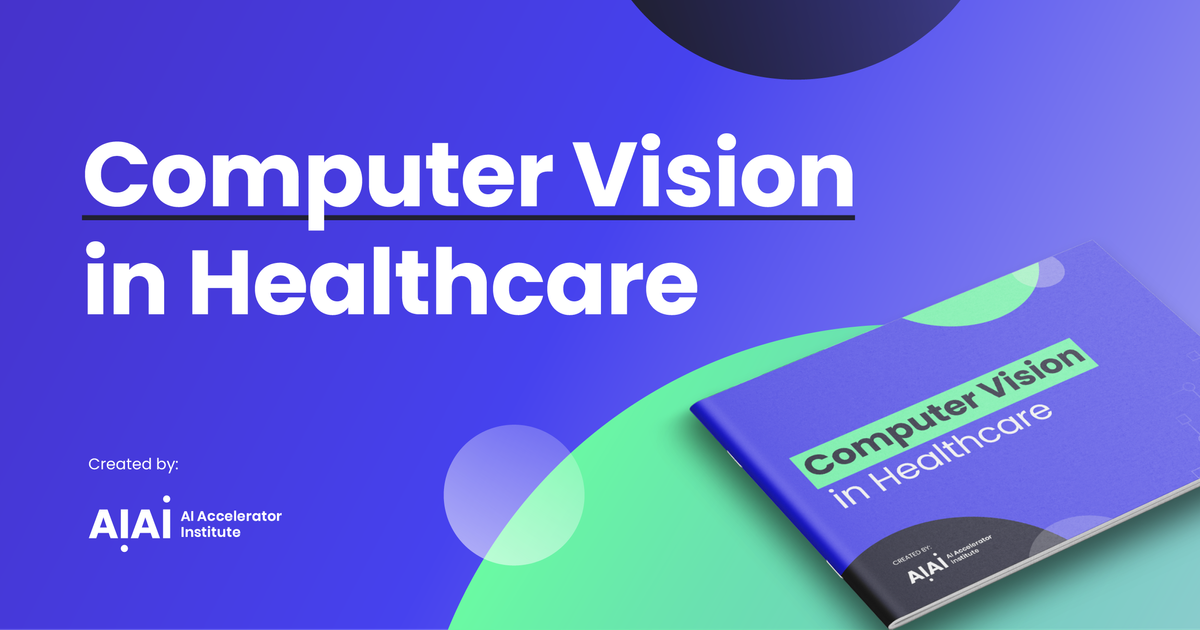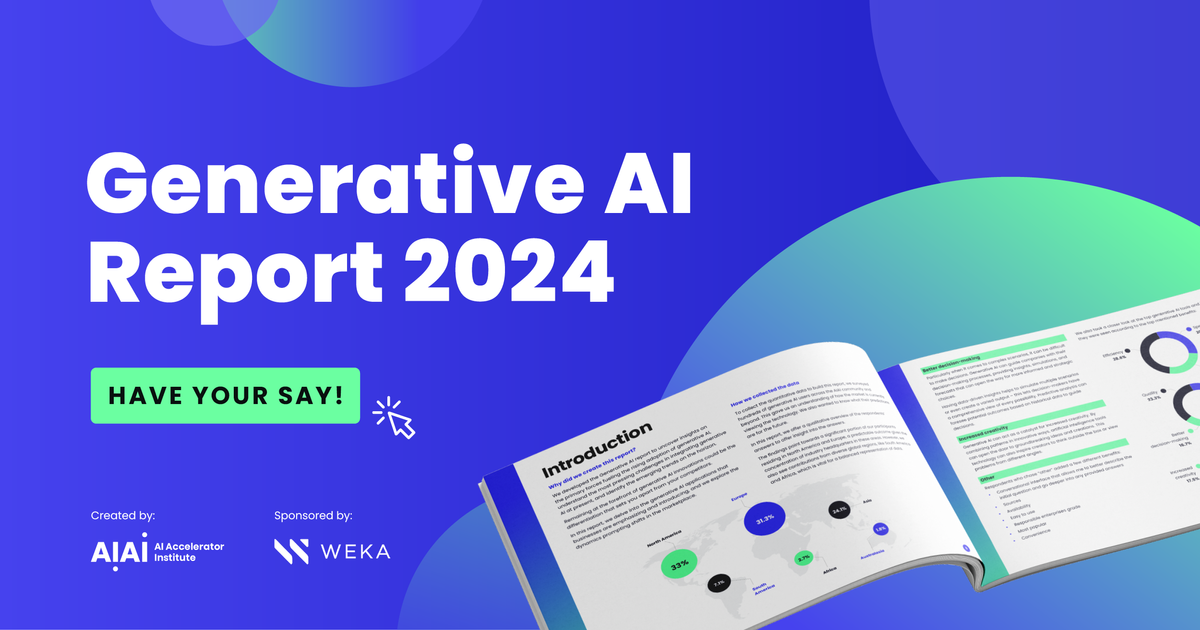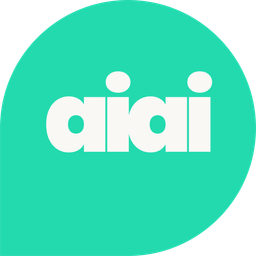Generative AI is transforming multiple sectors, including healthcare, where its capabilities to synthesize and analyze vast data types are being leveraged by major tech companies and innovative startups.
In a significant collaboration, Google Cloud is working with Highmark Health to create artificial intelligence tools aimed at improving patient intake processes. Amazon’s AWS is exploring the uses of generative AI for social health determinants analysis in medical databases. Microsoft Azure's collaboration with the Providence healthcare network focuses on AI systems that prioritize and manage patient communications automatically.
The startup ecosystem is buzzing with activity around generative AI: Ambience Healthcare is developing an app specifically for clinicians, Nabla offers an AI assistant for healthcare providers, and Abridge is enhancing medical documentation through analytics tools.
These efforts are drawing substantial investment, indicating strong confidence among health investors about the potential of generative AI in this field.
Mixed reactions from industry and consumers
The healthcare industry and its consumers show mixed feelings about the readiness and appropriateness of generative AI technologies. For example, a Deloitte survey revealed that only 53% of U.S. consumers see generative AI as a potential enhancer of healthcare accessibility and efficiency.
Andrew Borkowski from VA Sunshine Healthcare Network highlights that generative AI may not be mature enough for healthcare deployment, citing its current limitations in handling complex medical issues and emergencies due to outdated data and lack of human expertise.

Concerns over diagnostic accuracy and data handling
OpenAI's ChatGPT has shown vulnerabilities, such as a high error rate in pediatric disease diagnosis, raising concerns about its practical utility in critical healthcare applications. Moreover, generative AI’s struggles with routine medical administrative tasks raise further reliability issues.
There's also a broader ethical debate about the use of AI in sensitive sectors like healthcare, particularly concerning privacy, security, and data integrity. The medical community stresses the necessity of rigorous scientific testing and regulatory compliance before these technologies can be fully integrated into healthcare practices.
Potential for bias and stereotyping
One critical issue with generative AI in healthcare is its potential to perpetuate stereotypes. A study from Stanford Medicine demonstrated how generative AI could reinforce erroneous beliefs about biological differences among races, which could lead to misdiagnosis and unequal treatment.
Despite these challenges, generative AI holds promise for complex applications like medical imaging. Research shows AI could enhance diagnostic accuracy and reduce workflow inefficiencies in imaging departments.

The need for rigorous validation
As the technology advances, healthcare professionals emphasize the need for thorough validation studies to ensure generative AI's efficacy and safety. The World Health Organization advocates for strong oversight and ethical guidelines to govern the deployment of AI technologies in healthcare.
In conclusion, while generative AI offers exciting prospects for transforming healthcare, significant hurdles related to accuracy, ethics, and patient safety must be addressed. The industry must proceed cautiously, ensuring that these powerful tools do indeed benefit all patients without compromising care quality or ethics.
Share your generative AI insights and help shape the community!




 Follow us on LinkedIn
Follow us on LinkedIn




